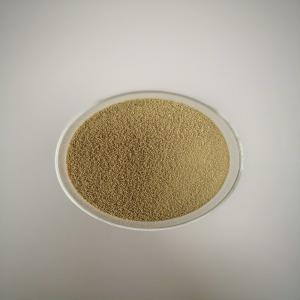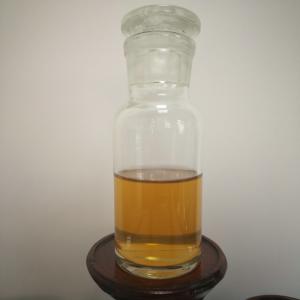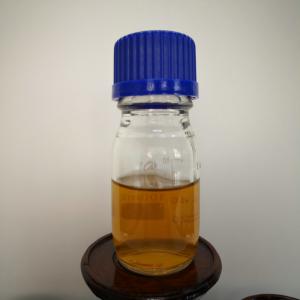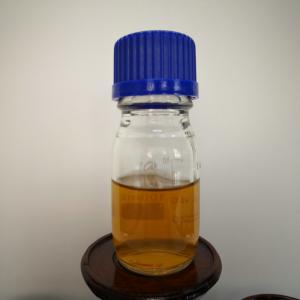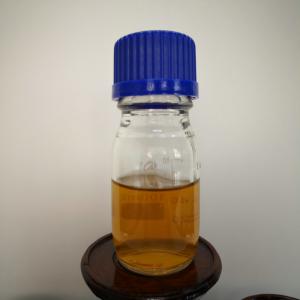Product highlights
A very robust Alpha-amylase for ethanol production with the following benefits:
1.Enhances liquefaction efficacy;
2.Decreases formation of non-fermentable sugars;
3.Capable to handle various starch materials, such as tapioca, corn, wheat and rice.
Description
HS-320 is a thermostable Alpha-Amylase derived from Bacillus licheniformis. It is an endoamylase that hydrolyzes alpha-1, 4-glucosidic bonds to quickly reduce the viscosity of gelatinized starch, producing soluble dextrins and oligosaccharides under various process conditions.
Product Characteristics
Declared Enzyme | Alpha-Amylase |
Systematic Name |
EC 3.2.1.1, 1, 4-alpha-D-glucan glucanohydrolase |
Activity | 40,000 U/ml (minimum) |
Appearance | Light to dark brown liquid |
Product pH | 5.5 to 7.0 |
Specific gravity | 1.15 to 1.25 g/ml |
Effect of pH
HS-320 is active over a wide pH range depending on the actual applications. For maximum activity, the optimal pH is 6.0 to 6.4. The stable pH range is 5.0 to 10.0 at temperature of 25° C. The exact pH optimum depends on actual processing conditions, such as temperature, substrate concentration and time.
Effect of Temperature
Optimum temperature of HS-320 for interval liquefaction is above 90° C. It liquefies starch substrates promptly at 95 to 97° C and is till highly active at 100° C. This product demonstrates exceptional thermol stability at temperatures from 105 to 110° C, maintaining its stability for 5 to 7 minutes, keeping on liquefying rapidly and completely. The exact temperature optimum of this product depends on various processing conditions, including pH, substrate concentration and time.
Concentration of Calcium
The presence of calcium increases the thermal stability of HS-320. It requires a very low calcium concentration and calcium additions of 50 to 70 ppm (dry solid basis) are sufficient to ensure its enzyme stability.
Inhibitors
Copper, titanium, and cobalt ions are moderate inhibitors for HS-320, whereas aluminum, lead and zinc ions act as strong inhibitors.
Usage Guidelines
In general, first adjust the pH at 6.0 to 6.4 and then add calcium (50 to 70 ppm dry solids basis) before adding HS-320. Calcium is not necessarily needed when extremely hard water (>10 German degrees) is used. After the enzyme is added, heat the slurry to liquefy.
Dosage
Dosage of HS-320 varies and is dependent on the starch substrate, application, process, substrate concentration, and other factors. To optimize the dosage, it is recommended to conduct a number of liquefaction trials prior to routine use of this product. A good starting point for dosage rate is 0.2 to 0.6kg/TDS.
Storage
HS-320 should be stored below 25° C in its original packaging, sealed and unopened, protected from the sun. This enzyme has been formulated for optimal stability. However, enzymes gradually lose activity over time. Extended storage and/or adverse conditions such as higher temperature may lead to a higher dosage requirement.
Safety & Enzyme Handling
Inhalation of enzyme dust and mists should be avoided. In case of contact with the skin or eyes, promptly rinse with water for at least 15 minutes. For detailed handling information, please refer to the appropriate Material Safety Data Sheet.
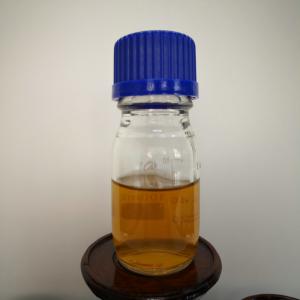
 China
China